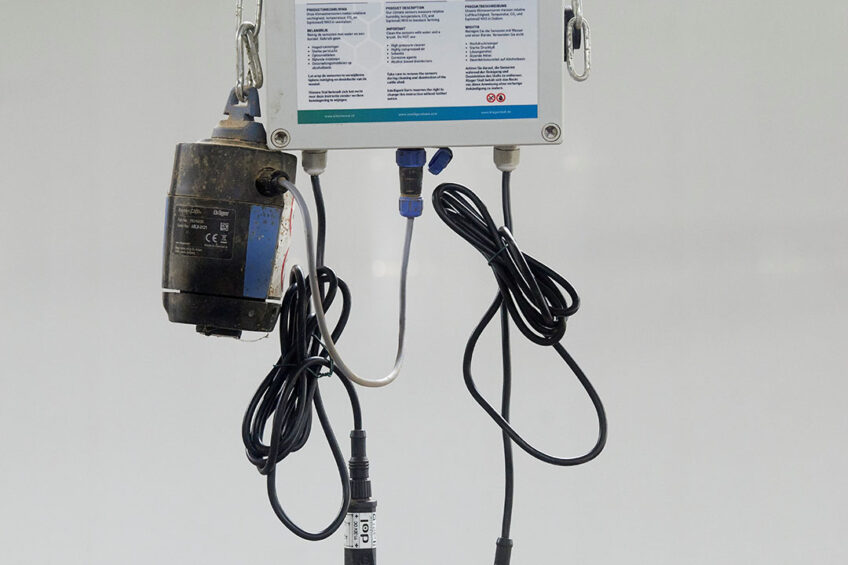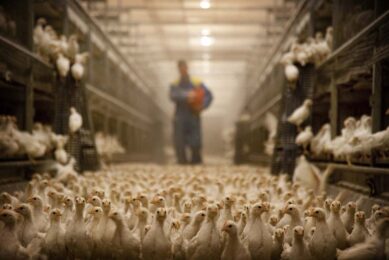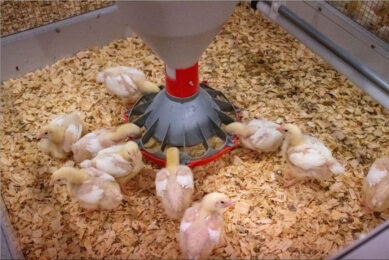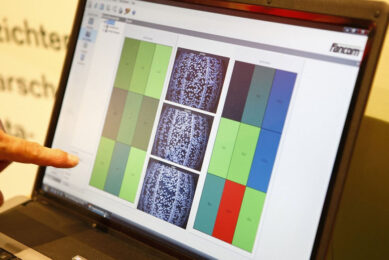Real-time monitoring tech set to transform poultry sector

Poultry producers will be able to predict flock health, enhance the performance of their birds and improve sustainability with the launch of real-time monitoring technology.
The Poultry Sense solution will provide farmers with huge amounts of data, enabling them to make transparent decisions to boost the health and well-being of their flocks. It consists of numerous battery-powered wireless sensors which capture real-time data across both environmental and performance parameters throughout poultry houses. This includes bird weight, air pressure, humidity, temperature and carbon dioxide. Data is then fed directly into an analytics platform that is driven by artificial intelligence, providing easy-to-interpret data.
Making informed decisions on-farm
Alan Beynon, managing director of Poultry Sense, said: “Having access to this level of data and using this to make informed decisions on-farm will allow producers to improve bird performance as well as help the sector to become more transparent. This solution collects data 24 hours a day.
Robotics revolution happening now
Some argue that a way to improve welfare is to improve the amount of environmental monitoring that takes place on farm. This article reviews a project to develop a device, and considers some alternatives that are already on the market. Read more…
This means that any shift in environmental or performance parameters, which could indicate a problem, can be identified quickly. Having the capability to react swiftly to any changes will minimise the impact this has on bird health and therefore the likelihood of it affecting the ‘end product’,” he added.
Trends and preventative solutions
By using the data and analytics producers will also be able to identify trends and patterns in performance. The UK-based company was bought in February by MSD Animal Health. President Rick DeLuca said at the time that the acquisition would allow the parent company to boost its technological expertise within its livestock monitoring business. “Our goal is to improve the detection of animal illness an enable more preventative solutions, including vaccination, to maintain the health of livestock,” he added.













